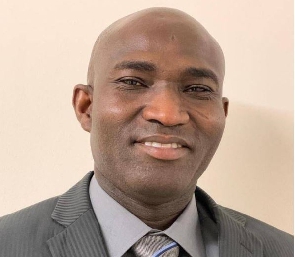Kumasi, May 15, GNA -Prevalence rate of HIV amongst the youth group of the Ghana population witnessed a decline between the year 2002 and 2003 in spite of the increase in the national prevalence rate of the menace within that period. The HIV sentinel surveillance report for the year 2003, which was released in April this year, indicated that the national prevalent rate of the disease rose from 3.4 percent in 2002 to 3.6 percent for 2003, but the prevalent rate among the youth group rather declined dramatically.
Mr Boakye Yiadom, programmes Manager, Planned Parenthood Association of Ghana (PPAG), disclosed this at the opening of the first national delegates congress of the Youth Action Movement (YAM), a youth wing of the PPAG in Kumasi on Friday. The three-day congress, which is being held under the theme: "Sexual And Reproductive Health (SRH) And Poverty Alleviation -The Challenges For The Youth", is being attended by 30 delegates.
The prevalent rate of the HIV for the 15-24 year group which comprised the youth group, dropped from 3.4 percent to 3.0 percent between the year 2002 and 2003, Mr Yiadom noted. Mr Yiadom said, ironically, the prevalent rate of HIV for the 45-49 age group shot up within the 2002 and 2003 year. He, however, could not provide immediate and ready figures regarding the adult group or the 45-49 age group.
Mr Yiadom attributed the decline in prevalence of HIV among the youth within the 2002 and 2003 to the hard work of the PPAG and the numerous non-governmental organisations (NGOs) engaged in HIV campaigns with financial assistance from the Ghana AIDS Commission. He observed that most of the organisations had focused more on the youth hence the decline in the HIV prevalence within that group and therefore called for various interventions that could also lay more emphasis on the adult group to ensure a decline within the group too.
Dr (Mrs) Frances Owusu-Derko, President of the PPAG, advised parents to be more open to their children by resolving to discuss and educating them more about their sexuality and issues related the SRH. Dr Owusu-Derko said providing them with sex education "cannot spoil them but rather it will help protect them from engaging in immoral acts before marriage".
Click to view details



General News of Saturday, 15 May 2004
Source: GNA
















